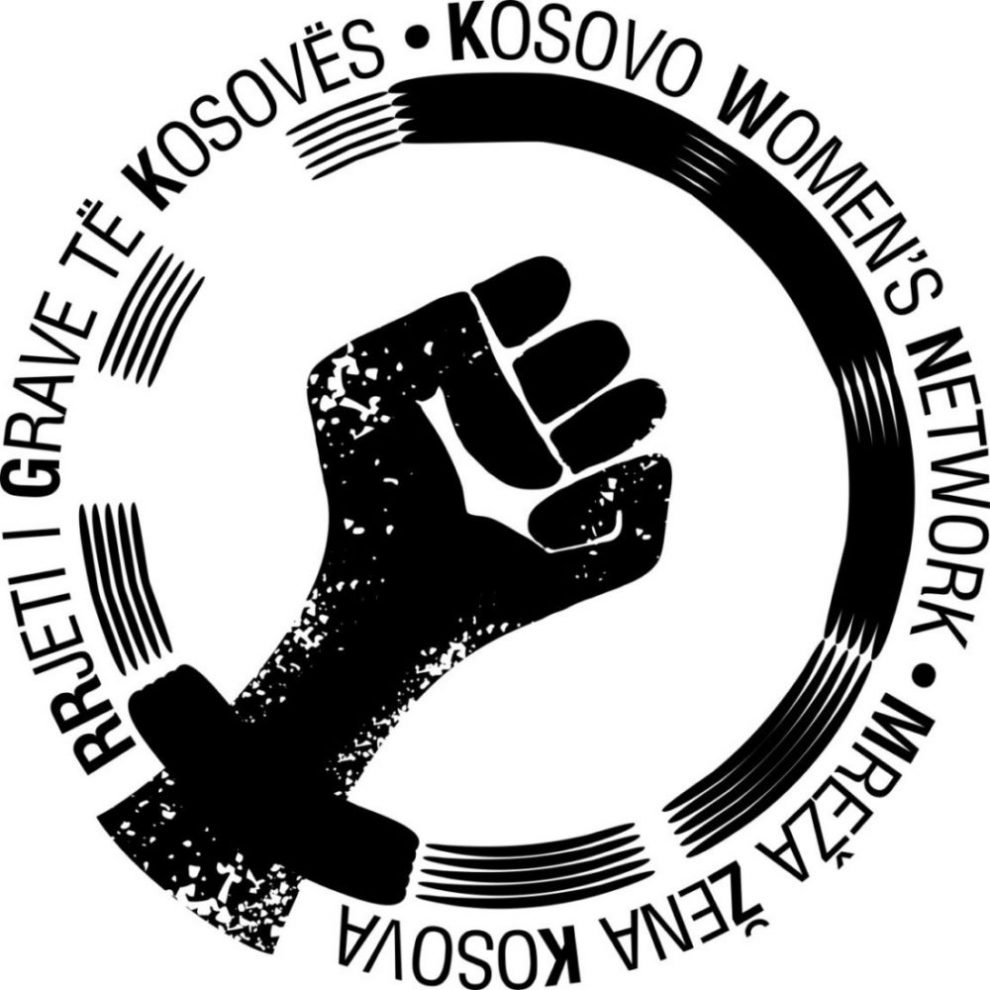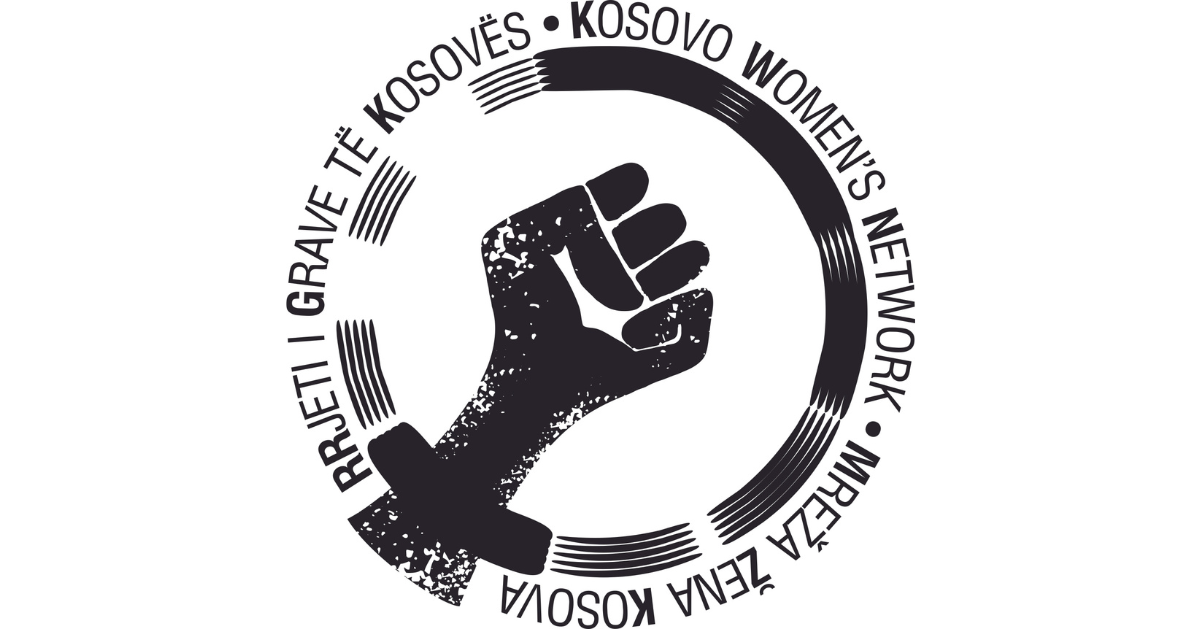Kosovo Women’s Network (KWN) was notified about the decision by the Basic Court in Prishtina regarding the proposal for Temporary Measures submitted by the Ombudsperson in a claim against the Central Election Commission (CEC) about unequal representation of women in the electoral lists. The temporary measure was intended to suspend the legal effects of the certification of electoral lists which did not guarantee the equal gender representation as required by the Law on Gender Equality which was voted on by the deputies of the Assembly of the Republic of Kosovo in June 2015. KWN expresses its deep indignation at the lack of willingness of justice institutions to cooperate with the Ombudsperson in addressing gender inequality issues.
The Basic Court in Prishtina dismissed the said proposal for temporary measures, stating that the Ombudsperson did not make his request credible and that he failed to present facts supporting the request for temporary measures which would have required that the electoral lists of political parties be reviewed.
Furthermore, in its decision, the Court qualified the Ombudsperson’s request as ungrounded and not urgent, even though national elections have just occurred; women may not be equally represented due to this institutional inaction.
However, despite the Court’s decision, the Ombudsperson provided concrete statistics on the disproportionality of the women’s representation in the electoral lists, which indicates that gender-based discrimination exists as group discrimination. Pursuant to Article 16 of the Law on the Ombudsman, the latter is entitled to initiate investigations of violations of human rights or freedoms on behalf of a large number of citizens. Consequently, under this article the Ombudsman is considered a representative of the group affected by the violation of the law. Therefore, since the list of elections as a whole is discriminatory and the Ombudsperson is a subject of the dismissed proposal, the Court needs to act on an urgent basis
Moreover, per the Law on Gender Equality for equal representation and Article 18 of the Law on the Protection from Discrimination for group discrimination, it is explicitly stated that “Cases of discrimination affecting groups of people may be treated through a group actions undertaken on their behalf by a non-governmental organization or by the Ombudsperson, in such cases, the consent of the members of the group is not required”. The law also specifies that such legal actions are submitted to the competent court, by a claim which establishes that such conduct has violated the right to equal treatment with respect to the members of the group and prohibits the exercise of activities which violate or may violate the right to equal treatment by the competent court (Anti-Discrimination law, Article 18, paragraph 3).
The reasoning of the Court’s decision “that the Ombudsperson’s request was not concrete because the security measures that can be assigned are numerous and that the Ombudsperson failed to specify which security measure from the LCP should be issued”, does not stand and is therefore groundless.
Such a request was also included in the Ombudsman’s request for temporary measures:
“The court is required to prohibit activities that violate or may violate the right to equal treatment or to conduct activities that eliminate discrimination or its consequences in relation to unequal treatment of women that concerns their electoral and participation rights”. Also, the reasoning provided by the Court in the decision rejecting the Ombudsperson’s claim for temporary measures which required the Ombudsman to specify the subjects/individuals not included in the electoral list, is legal nonsense. It relates to group discrimination which is clearly established by the Ombudsman’s claim as an issue thatconcerns the opportunity for equal representation under the requirements of the Law on Gender Equality.
Such a request, could be executed by a measure of temporary character, as set out in the LCP, so that the main issue is not prejudiced, and so that the actions are not taken until the facts are confirmed.. By rejecting the temporary measures, the court discriminates against resolution which relates to the main issue of the claim.
The Court’s lack of knowledge about the relevant legislation and principles of the Anti-Discrimination Law and the Law on Gender Equality is worrisome. It demonstrates a decision that excludes claims against discriminated groups from practical implementation and violates the principles of the relevant legislation, thus preventing the exercise of the right to appeal the decision of the Basic Court.
The Kosovo Women’s Network once again finds the lack of knowledge about the human rights law package in Kosovo and the lack of judicial response to legal requirements unacceptable, especially because it jeopardizes the implementation of these laws KWN also condemns the reluctance of the relevant institutions to further investigate the issue of discrimination of women in electoral lists and their unwillingness to contribute to gender equality.




